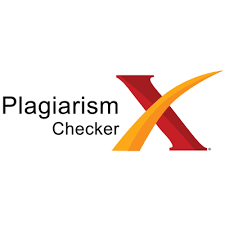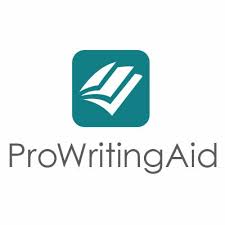ENHANCEMENT OF RESENSI TEXT LEARNING USING THE PROBLEM-BASED LEARNING MODEL
DOI:
https://doi.org/10.30740/jee.v2i2p%25pKeywords:
Learning, reviewer text, problem based learningAbstract
References
Aeni, E. S., & Lestari, R. D. (2018). Penerapan Metode Mengikat Makna dalam Pembelajaran Menulis Cerpen pada Mahasiswa IKIP Siliwangi Bandung. Semantik, 7(1).
Dalman. (2016a). Keterampilan Menulis. Depok: PT. Raja Grafindo Persada.
Dalman. (2016b). Menulis Karya Ilmiah. jakarta: PT. Raja Grafindo Persada.
Dewi, F. (2015). Proyek Buku Digital: Upaya Peningkatan Keterampilan Abad 21 Calon Guru Sekolah Dasar Melalui Model Pembelajaran Berbasis Proyek. Metodik Didaktik, 9(2).
Hosnan. (2014). Pendekatan Saintifik dan Kontekstual dalam Pembelajaran Abad 21. Bogor: Ghalia Indonesia.
Huda, M. (2014). Model-model Pengajaran dan Pembelajaran. Yogyakarta: Pustaka Pelajar.
Kosasih, E. (2014). Dasar-dasar Keterampilan Menulis. Bandung: Yrama Widya.
Kusmaniyah, S. (2012). Pengembangan Model STAD Bhineka dalam Pembelajaran Menulis Resensi Berkonteks Multikultural Bermuatan Nilai-Nilai Karakter Pada Peserta Didik SMA. Seloka: Jurnal Pendidikan Bahasa Dan Sastra Indonesia, 1(2).
Mustika, I., & Lestari, R. D. (2017). Hubunganminat Baca Dan Kebiasaan Membaca Karya Sastra Terhadap Kemampuan Menulis Puisi. Semantik, 5(2).
Piliang, Y. A. (2004). Semiotika Teks: Sebuah Pendekatan Analisis Teks. Mediator: Jurnal Komunikasi, 5(2), 189-198.
Rahayu, G. D. S., & Firmansyah, D. (2018). Pengembangan Pembelajaran Inovatif Berbasis Pendampingan Bagi Guru Sekolah Dasar. ABDIMAS SILIWANGI, 1(1), 17-25.
Rocmah, L. I. (2012). Model Pembelajaran Outbound Untuk Anak Usia Dini. PEDAGOGIA: Jurnal Pendidikan, 1(2), 173-188.
Sholeh, K. (2013). Pembelajaran Bahasa Indonesia Dalam Buku Ajar Berbasis Multiple Intelligences Dalam Kurikulum 2013.
Sudrajat, A. (2003). Pengertian Pendekatan, Strategi, Metode, Teknik, Taktik, dan Model Pembelajaran. Online(http://smacepiring. wordpress. com).
Sugiyono. (2017). Model Penelitian Kuantitatif, Kualitatif, dan R&D. Bandung: CV Alfabeta.
Tarigan, H. G. (2013). Menulis sebagai Suatu Keterampilan Berbahasa. Bandung: Angkasa.
Triyani, N., Romdon, S., & Ismayani, M. (2018). Penerapan Metode Discovery Learning pada Pembelajaran Menulis Teks Anekdot. Parole (Jurnal Pendidikan Bahasa dan Sastra Indonesia), 1(5), 713-720.
Wikanengsih, W. (2013). Model Pembelajaran Neurolinguistic Programming Berorientasi Karakter Bagi Peningkatan Kemampuan Menulis Siswa SMP. Jurnal Ilmu Pendidikan Universitas Negeri Malang, 19(2).









